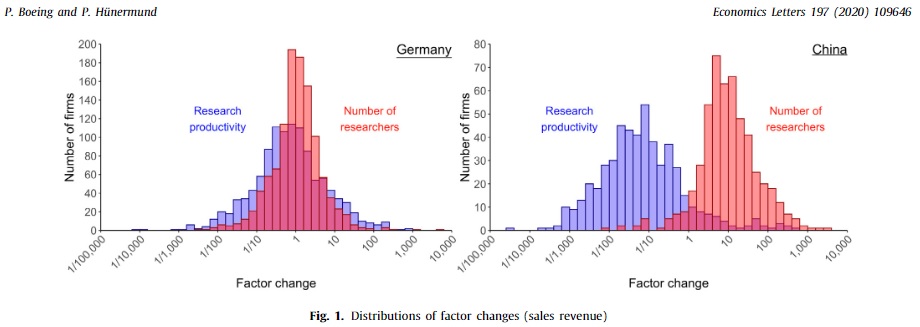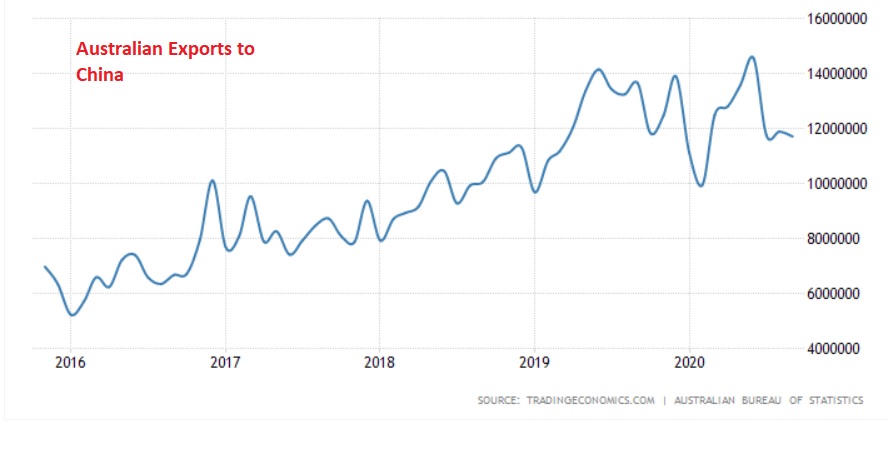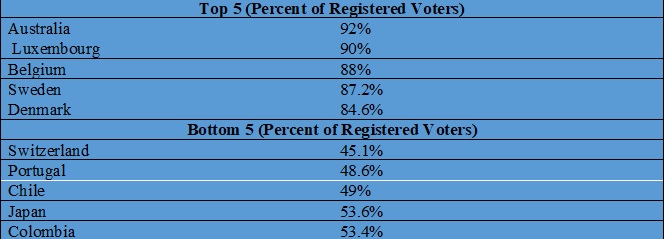It was the best of times, it was the worst of times, it was the age of wisdom, it was the age of foolishness, it was the epoch of belief, it was the epoch of incredulity, it was the season of third waves of Covid-19, it was the season of rapid vaccine development using new technology, it was the darkness of one party working to undermine the integrity of an election, it was the light of a new administration preparing an actual national strategy to combat the pandemic. I could go on. Dickens certainly did. At the same time that science is achieving something never done before so quickly using new technology to do so (yeah vaccine!), one political party is doing something never seen before in America in undermining belief in democracy. One is a far, far better thing than been done before, the other almost makes one wish for the guillotine. But we’ll put this extended Dickensian metaphor to rest and ask why are American, German, and Chinese researchers increasingly unproductive, what’s going on in the Australia-China trade war and who votes the most. It’s this week’s International Need to Know, marking “X’s” on the wall of a 69-day calendar.
Without further ado, here’s what you need to know.
More Researchers, Less Research
Have we run out of ideas? No, not INTN, which is always full of ‘em—the wisdom of which are up for debate—we’re talking about the world of research. A few years ago, a research paper determined that research productivity in the United States was decreasing. Even as we put more researchers to work and spent more money on research, fewer ideas were being produced. Now, Phillip Boeing and Paul Hünermund have replicated this study for Germany and China and find both of these countries are also seeing decreases in research productivity. In the case of Germany, the decrease is about the same as in the U.S. with “research productivity halving every 14 years.” But in China, research productivity is halving every three years. Of course, as China has developed economically, and is currently trying to transform from a manufacturing to high tech services economy, inputs into research—more funds and more researchers—has increased. But the output is not proportionally increasing. In our forthcoming book, we analyze China’s challenging future economy: a decrease in research productivity is even more evidence for our book’s conclusions. This paper notes that as China turns inward and continues to curtail information freedom, it is possible (likely?) that research productivity will decrease even more rapidly than it already has in China. Boeing and Hünermund’s research (at least these two are productive), if accurate, is one of the more important findings for U.S.-China relations that no one will pay attention to.
Australia – China Trade War
While you were brushing up on your math (many more Americans can now count to 270), the world churned ever onward, including China’s increasing economic aggressiveness towards Australia. Late last week, China threatened to impose new trade restrictions on Australian exports of wine, lobster (so much for that romantic dinner you had planned in Qingdao), coal, sugar, barley and timber. Earlier this year, China also imposed tariffs on Australian exports because Australia called for investigating the origins of Covid-19 in China. The trade measures China is taking violate WTO rules but there is no adjudication panel at the WTO currently thanks to the outgoing Trump administration (we assume the Biden administration will rectify this). Such bans also violate the free trade agreement Australia and China signed in 2015. The government-run China Daily, in one of their usual provocative editorials, wrote: “Canberra should realize it will get nothing from Washington in return for its collusion in its schemes, while Australia will pay tremendously for its misjudgment.” China is using its usual bullying tactics to persuade countries to allow it to do whatever it wants. As we urge in our book, the U.S. and like-minded countries should work together and help each other when China does this kind of thing. We expect the new Biden administration to do just that.
Voter Turnout Around the World
Last week’s U.S. election saw the highest voter turnout in 50 years with more than 62 percent of those eligible to vote casting a ballot (Trump, however, only wants 30 percent of those votes counted). But which countries around the world see the highest voter turnout? Well, as you can see below from the good people at Pew Global, in terms of percent of registered voters, Australia tops the list at 92 percent of registered voters, followed by Luxembourg (90%) and Belgium (88%). Americans have a ways to go to catch up to the ambitious voting publics of those countries. Interestingly, voters in Switzerland, Portugal, and Chile are all laggards. Bring a chad-eyed view to the list below.




